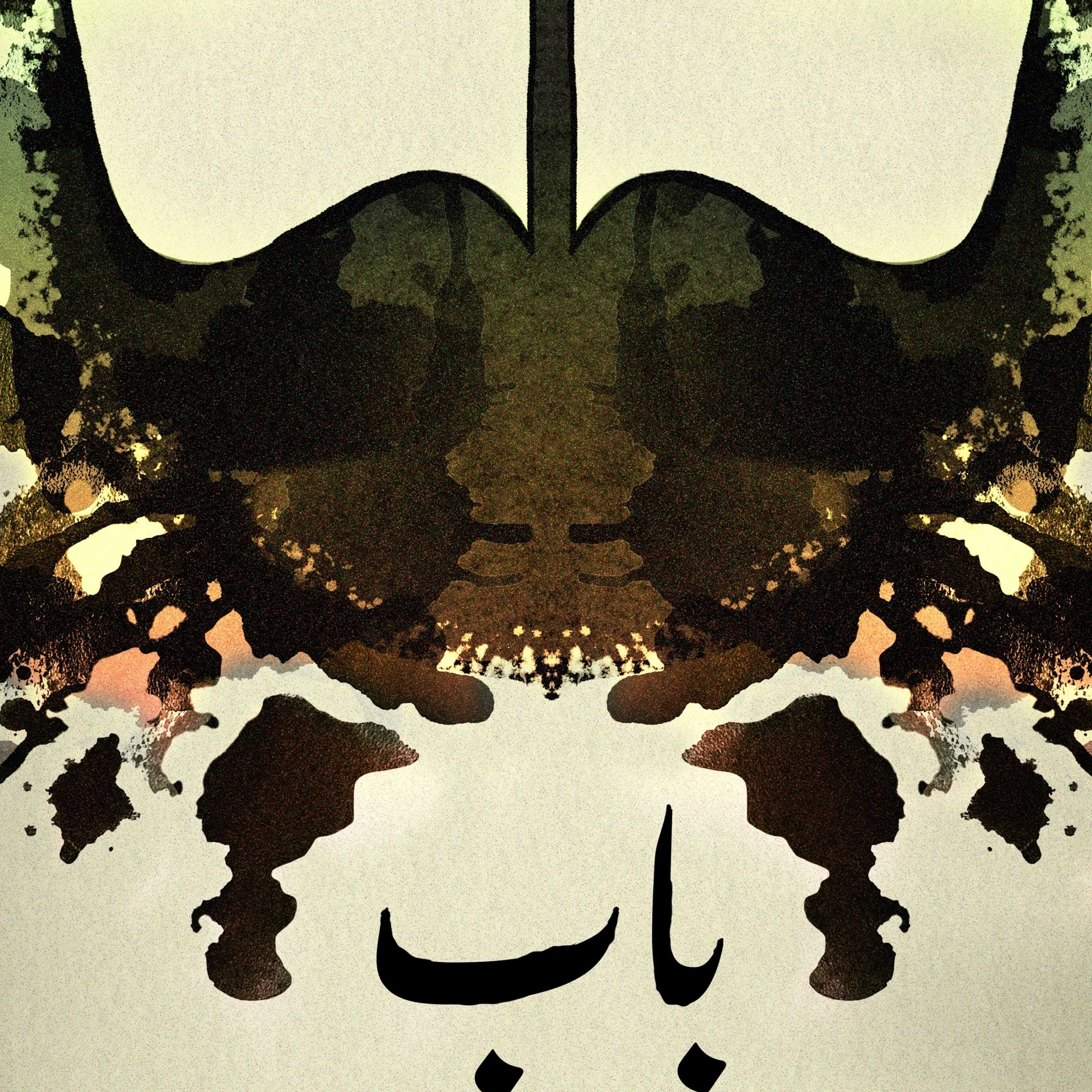Baab
.
VERDICT: Grief and hallucinations are the cornerstones of Nayla Al Khaja’s intriguing sophomore feature film ‘Baab’, screened in Cairo’s Midnight strand.
The first woman to ever direct and produce films in the history of the United Arab Emirates, Nayla Al Khaja gained significant attention in 2024 with her feature debut Three, and appears set to repeat that success with her second film Baab (“door” in Arabic), which should become a hot ticket on the genre circuit after its buzzy premiere at the Cairo International Film Festival in the Midnight Screenings section.
The story revolves around Wahida (Shaimaa El Fadul), a woman dealing with the trauma of her twin sister Nisma’s death. She also struggles with tinnitus, making her relationship with sounds an awkward and sometimes painful one, as conveyed already in the opening scene, which sets the tone for the picture quite efficiently. So it’s quite apt – and terrifying – that the object upending her daily routine is a series of cassette tapes which supposedly shed new light on Nisma’s fate, leading to Wahida’s quest for the truth that may come at the expense of her own sanity, as the barrier between reality and hallucination gets increasingly, frighteningly thinner.
The cassettes are found behind a green door (hence the title), an image that may inadvertently evoke cinephile memories of a certain American film from the so-called Golden Age of Porn (1972’s Behind the Green Door, starring Marilyn Chambers). Of course, there’s nothing salacious about Baab, and the only reasonable comparison between the two might be that they both have a female protagonist experiencing something earth-shattering, albeit for wildly different reasons. And in both cases, the green door is the element that changes things irrevocably.
How it does so in the case of this film is not exactly a big surprise if one has some genre knowledge: Al Khaja is not really interested in reinventing a familiar storyline, but rather in exploring the deeper ramifications of trauma for a woman who has been physically and psychologically damaged. Key to the effectiveness of every single shot focusing on Wahida’s inner turmoil is the work of sound designer Krishnan Subramanian, who walks the fine line between everyday banality and nightmare scenario on an aural level and plays an integral part in the creation of a progressively eerie atmosphere.
Much like the plot, the imagery is far from groundbreaking, but as Al Khaja and cinematographer Rogier Stoffers move from one layer of reality to another, their confident filmmaking lends the sanity-bending scenes a keen sense of distorted spatial awareness. Paired with El Fadul’s committed performance, it’s a compelling piece of cinematic bravura that takes recognizable tropes and gives them a splash of individuality, right up to the concluding shot.
For Wahida, the titular door is a gateway leading to something potentially upsetting. For the director, it represents opportunity, as it confirms the promise of her debut and further establishes her as one of the sharper, more interesting recent voices in the Arab filmmaking world. Through a relic of the past such as the cassette tape, she’s become an exciting part of Emirati cinema’s present and future.
Director: Nayla Al Khaja
Screenwriter: Nayla Al Khaja, Masoud Amralla Al Ali
Cast: Shaimaa El Fadul, Huda Alghanem, Meera Almidfa, Mansoor Alnoamani, Sabiha Majgaonkar, Elham Al Marzooqi
Producers: Nayla Al Khaja, Jude S. Walko
Cinematography: Rogier Stoffers
Production design: Ahmed Hasan Ahmed
Costume design: Saioa Lara
Music: A.R. Rahman
Sound: Krishnan Subramanian
Production companies: Baab Fze, Dark Dunes Productions, Nayla al Khaja Films
World sales: Nayla Al Khaja Films
Venue: Cairo International Film Festival (Midnight Screenings)
In Arabic
97 minutes

